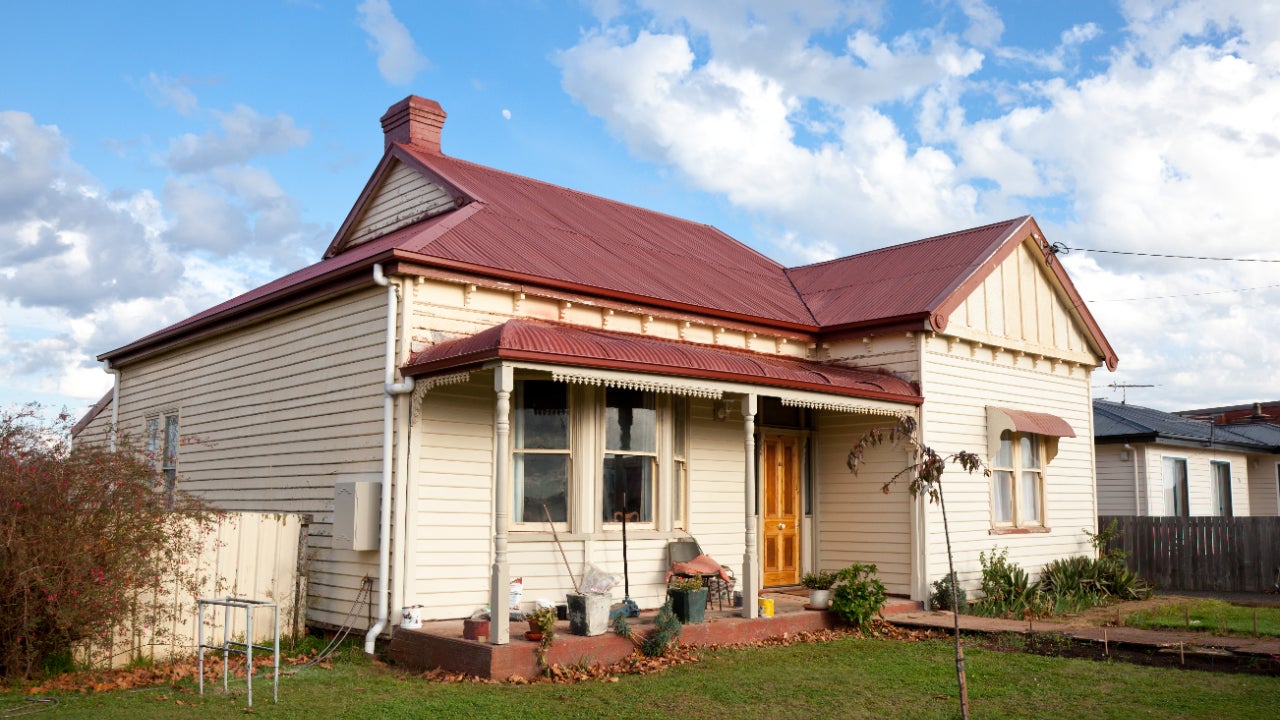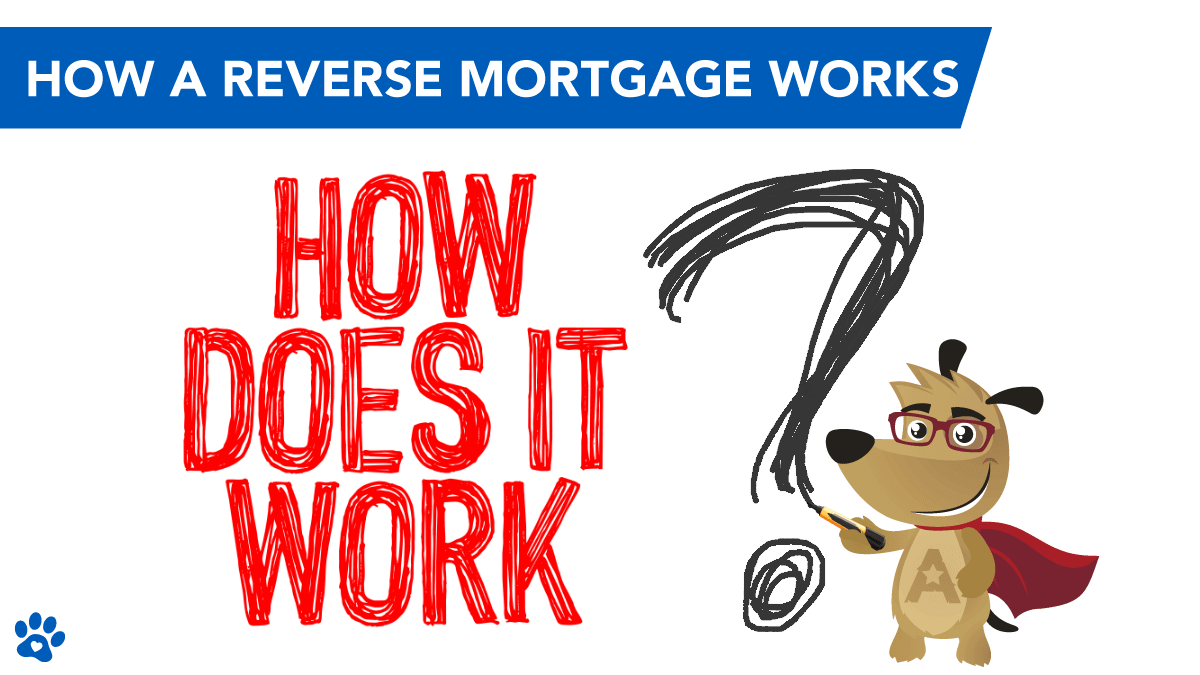In such conditions, expectations are for home prices to moderate, because credit will not be available as kindly as earlier, and "people are going to not be able to manage rather as much house, provided greater interest rates." "There's an incorrect story here, which is that the majority of these loans went to lower-income folks.
The investor part of the story is underemphasized." Susan Wachter Wachter has written about that refinance boom with Adam Levitin, a professor at Georgetown University Law Center, in a paper that discusses how the real estate bubble took place. She recalled that after 2000, there was a big expansion in the cash supply, and rates of interest fell significantly, "causing a [refinance] boom the likes of which we hadn't seen prior to." That phase continued more info beyond 2003 since "lots of gamers on Wall Street were sitting there with absolutely nothing to do." They found "a brand-new sort of mortgage-backed security not one associated to re-finance, however one associated to expanding the home loan loaning box." They also discovered their next market: Borrowers who were not sufficiently qualified in regards to earnings levels and deposits on the houses they purchased in addition to investors who were excited to purchase - what is the interest rate today on mortgages.
Instead, financiers who took advantage of low home loan finance rates played a big role in fueling the real estate bubble, she mentioned. "There's a false story here, which is that the majority of these loans went to lower-income folks. That's not true. The financier part of the story is underemphasized, however it's real." The proof reveals that it would be inaccurate to explain the last crisis as a "low- and moderate-income occasion," said Wachter.
Those who could and wanted to cash out later in 2006 and 2007 [participated in it]" Those market conditions also attracted debtors who got loans for their second and third homes. "These were not home-owners. These were investors." Wachter said "some fraud" was likewise associated with those settings, especially when people noted themselves as "owner/occupant" for the houses they funded, and not as investors.
Why Do People Take Out Second Mortgages Things To Know Before You Get This
" If you're an investor walking away, you have nothing at threat." Who bore the cost of that at that time? "If rates are going down which they were, successfully and if down payment is nearing absolutely no, as a financier, you're making the cash on the advantage, and the drawback is not yours.

There are other unwanted impacts of such access to affordable cash, as she and Pavlov kept in mind in their paper: "Possession rates increase since some debtors see their borrowing restriction unwinded. If loans are underpriced, this result is amplified, due to the fact that then even previously unconstrained debtors efficiently choose to buy rather than lease." After the housing bubble burst in 2008, the number of foreclosed homes readily available for investors surged.
" Without that Wall Street step-up to buy foreclosed properties and turn them from house ownership to renter-ship, we would have had a lot more downward pressure on costs, a lot of more empty homes out there, costing lower and lower prices, leading to a spiral-down which happened in 2009 without any end in sight," stated Wachter.
However in some methods it was essential, due to the fact that it did put a floor under a spiral that was occurring." "A crucial lesson from the crisis is that just since someone is ready to make you a loan, it doesn't indicate that you should accept it." Benjamin Keys Another frequently held understanding is that minority and low-income households bore the impact of the fallout of the subprime financing crisis.
The Basic Principles Of How Do Reverse Mortgages Work When You Die
" The truth that after the [Fantastic] Economic downturn these were the households that were most hit is not evidence that these were the homes that were most lent to, proportionally." A paper she composed with coauthors Arthur Acolin, Xudong An and Raphael Bostic looked at the increase in house ownership throughout the years 2003 to 2007 by minorities.
" So the trope that this was [brought on by] providing to minority, low-income households is simply not in the information." Wachter also set the record straight on another aspect of the marketplace that millennials prefer to lease instead of to own their homes. Surveys have actually revealed that millennials strive to be house owners.
" Among the major outcomes and not surprisingly so of the Great Economic crisis is that credit ratings needed for a home loan have increased by about 100 points," Wachter noted. "So if you're subprime today, you're not going to have the ability to get a mortgage. And many, lots of millennials unfortunately are, in part because they may have taken on trainee financial obligation.
" So while down payments don't need to be large, there are really tight barriers to access and credit, in regards to credit history and having a constant, documentable earnings." In regards to credit access and threat, since the last crisis, "the pendulum has actually swung towards a really tight credit market." Chastened perhaps by the last crisis, more and more people today prefer to lease instead of own their home.
How Do You Reserach Mortgages Records for Dummies
Homeownership rates are not as resilient as they were in between 2011 and 2014, and regardless of a slight uptick recently, "we're still missing out on about 3 million homeowners who are occupants." Those three million missing out on property owners are people who do not get approved for a mortgage and have ended up being tenants, and as a result are rising leas to unaffordable levels, Keys noted.

Prices are currently high in growth cities like New York, Washington and San Francisco, "where there is an inequality to start with of a hollowed-out middle class, [and in between] low-income and high-income occupants." Residents of those cities deal wesley financial group careers with not simply greater housing rates but also greater leas, that makes it harder for them to save and eventually purchase their own home, she added.
It's simply a lot more tough to become a house owner." Susan Wachter Although real estate prices have actually rebounded overall, even adjusted for inflation, they are not doing so in the markets where homes shed the most worth in the last crisis. "The comeback is not where the crisis was concentrated," Wachter said, such as in "far-out suburban areas like Riverside in California." Rather, the demand and higher rates are "focused in cities where the tasks are." Even a years after https://ricardotylm375.shutterfly.com/97 the crisis, the real estate markets in pockets of cities like Las Vegas, Fort Myers, Fla., and Modesto, Calif., "are still suffering," stated Keys.
Clearly, house costs would reduce up if supply increased. "House home builders are being squeezed on 2 sides," Wachter stated, referring to increasing expenses of land and building, and lower demand as those factors rise prices. As it takes place, a lot of new building and construction is of high-end homes, "and naturally so, since it's pricey to develop." What could assist break the trend of rising housing rates? "Regrettably, [it would take] an economic crisis or an increase in rate of interest that perhaps results in an economic downturn, in addition to other factors," stated Wachter.
Excitement About How Do You Reserach Mortgages Records
Regulative oversight on financing practices is strong, and the non-traditional lenders that were active in the last boom are missing out on, but much depends on the future of guideline, according to Wachter. She specifically described pending reforms of the government-sponsored business Fannie Mae and Freddie Mac which guarantee mortgage-backed securities, or packages of real estate loans.